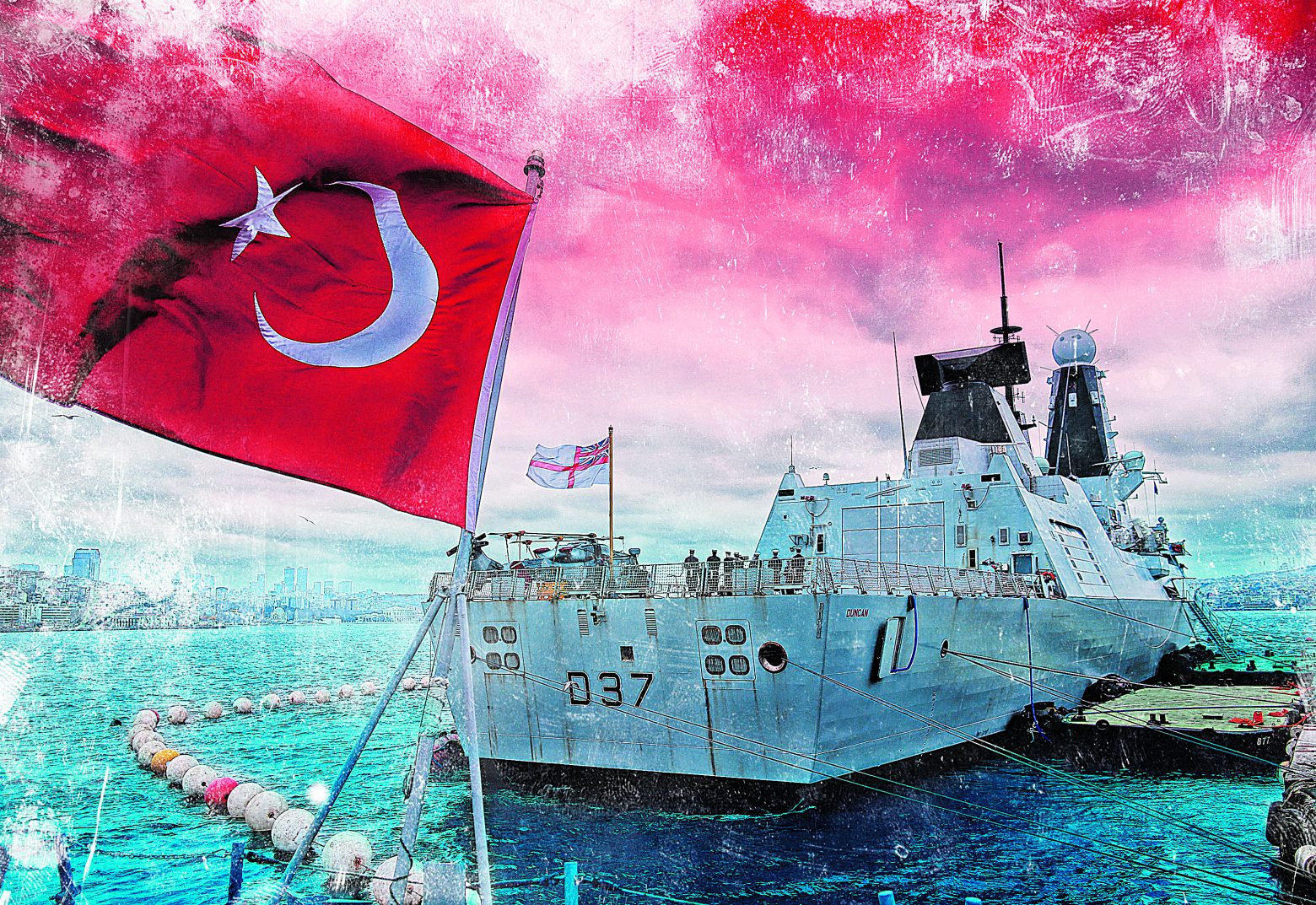
Time is running out for the NATO Summit – expected at the end of the month (June 28-30) – where Recep Tayyip Erdogan will be called upon to take a clear position on the accession of Finland and Sweden to the North Atlantic Alliance.
Others estimate (or want to believe) that Turkey will eventually back down, paving the way for the two countries’ accession, but some analysts have begun to consider what could happen if Turkey does not finally withdraw its veto.
Such a development would come at an extremely critical juncture for NATO and Turkey’s relations with Russia, against the backdrop of a war like the one in Ukraine that could not last for many months.
It is noted that Ankara is asking Sweden-Finland for compensation in order to give the green light for their accession to NATO, with the Secretary General of the Alliance, Jens Stoltenberg, taking on the role of mediator.
Proposal for a “divorce” between Turkey and NATO
In this climate, and against the background of the blackmail of the Erdogan government, the voices proposing a “divorce” between NATO and Turkey are becoming more vocal, as the differences between them are considered un-bridgeable.
“Is Turkey today really the Turkey that NATO attracted as a partner 70 years ago?” asks Elizabeth Shackelford, a former US diplomat.
Overcoming Turkey’s shortcomings after World War II, when the alliance was formed to stop the expansion of the Soviet Union, was easy to do, says Elizabeth Shackelford. “(Turkey) seemed to be moving steadily in a westerly direction and embracing liberal, democratic values.”
However, the following decades were marked by unrest. With the election of Recep Tayyip Erdogan and the Justice and Development Party (AKP) in 2002, the West believed that would change. “But the commitment to democracy was not yet real and Turkey took a hard turn towards authoritarian rule.”
According to the former diplomat, the “anti-democratic character” of Turkey has a direct impact on the image of NATO and undermines the security of the alliance.
The Turkish president is straddling a fence in his relations with Russia and NATO, and the Turkish purchase of Russian S-400 missile defense systems could “jeopardize classified information on NATO weapons systems.”
Finland and Sweden, whose demands for NATO membership after the Russian invasion of Ukraine are currently hampered by Turkey, “have capable, professional armies, but they also share (NATO) values, such as Democracy ” she pointed out, suggesting that the alliance does not need Turkey.
Turkey’s ouster came after the Turkish government’s opponents were severely repressed after a failed coup attempt in 2016 and a second time after Turkey’s 2019 invasion of northern Syria. “But since NATO has no mechanism to suspend or expel an ally, the path to exit is unclear.”
According to her, the remaining 29 NATO members could withdraw their commitment to Article 5 of collective defense from Turkey, “substantially suspending its participation and any assistance it receives from NATO”, but this would require a clearer assessment, regarding the demands of Turkey and the dangers they pose.
Shackelford called for a compromise and said NATO would have to decide whether Turkey “deserves a formal defense commitment”. If NATO can not trust Turkey, it will have to “consider its options.” “(NATO) can be better (without Turkey) in the long run.”
Latest News

Easter Sales Performance and the Source of €4–5 Million in Losses
Easter retail sales were relatively weak this year, with the only "real winners" being the livestock farmers who had lambs to sell.

Hotel Foreclosures Continue to Plague Greece’s Islands
A surge in hotel foreclosures across Greece’s islands threatens small tourism businesses, despite booming visitor numbers and record-breaking travel in 2024.

Athens Launches Task Force to Safeguard Historic City Center
The new municipal unit will ensure compliance to zoning laws, curb noise, and address tourist rental issues starting from the Plaka district.

WTTC: Travel & Tourism to Create 4.5M New Jobs in EU by 2035
This year, international visitor spending is set to reach 573 billion euros, up by more than 11% year-on-year

IMF: US Tariffs Shake Global Economy, Outlook Downbeat
IMF slashes global growth forecast to 2.8% as U.S. tariffs create uncertainty and ‘negative supply shock

First Step Towards New Audiovisual Industry Hub in Drama
The project is set to contribute to the further development of Greece’s film industry and establish Drama as an audiovisual hub in the region

Airbnb Greece – Initial CoS Ruling Deems Tax Circular Unlawful
The case reached the Council of State following annulment applications filed by the Panhellenic Federation of Property Owners (POMIDA)

Mitsotakis Unveils €1 Billion Plan for Housing, Pensioners, Public investments
Greek Prime Minister Kyriakos Mitsotakis has announced a new set of economic support measures, worth 1 billion euros, aiming to provide financial relief to citizens.

Alter Ego Ventures Invests in Pioneering Gaming Company ‘Couch Heroes’
Alter Ego Ventures' participation in the share capital of Couch Heroes marks yet another investment by the Alter Ego Media Group in innovative companies with a focus on technology.

Corruption Still Plagues Greece’s Driving Tests
While traffic accidents continue to claim lives on Greek roads daily, irregularities and under-the-table dealings in the training and testing of new drivers remain disturbingly widespread













![Accor: Η βιωσιμότητα «κλειδί» για την ανάπτυξη και ανθεκτικότητα του ελληνικού τουρισμού [έρευνα]](https://www.ot.gr/wp-content/uploads/2025/04/thumbnail-90x90.jpg)












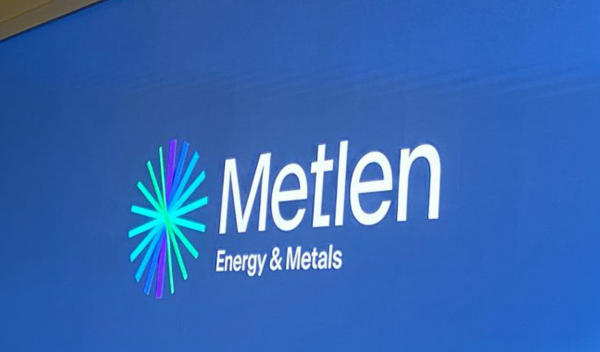

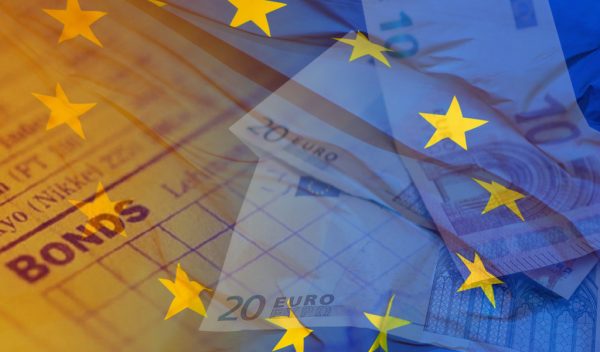
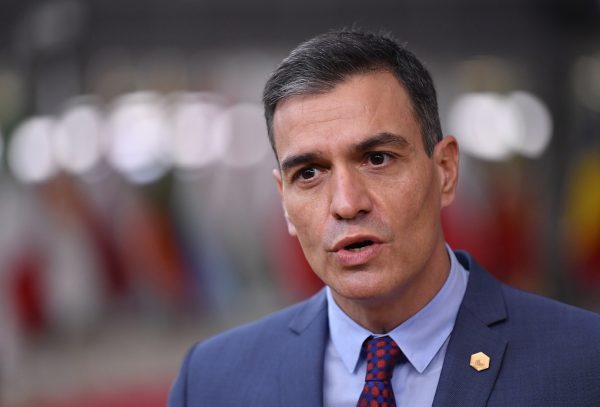


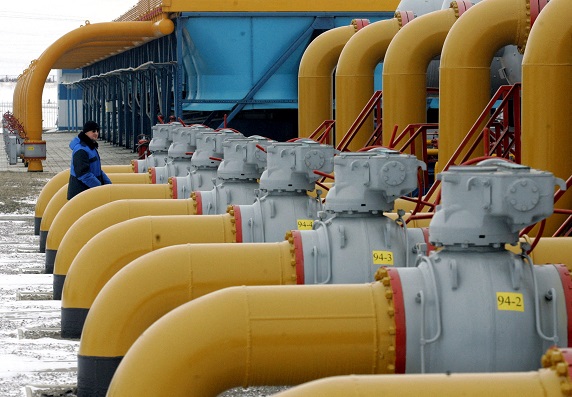





![Accor: Η βιωσιμότητα «κλειδί» για την ανάπτυξη και ανθεκτικότητα του ελληνικού τουρισμού [έρευνα]](https://www.ot.gr/wp-content/uploads/2025/04/thumbnail-600x400.jpg)


 Αριθμός Πιστοποίησης
Αριθμός Πιστοποίησης